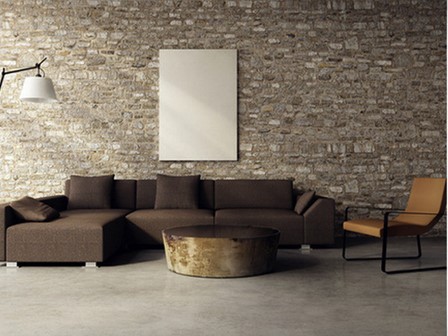When we need a new heating system, the first thing we need to think about is which is the most efficient solution for us. There are many options to choose from, but will we gain in the long run with old or newer technologies? In this article, we compare infrared heaters with convection heating systems.
Where does the heat generated go?
Conventional heating systems can suffer significant heat losses. The first place where you can lose a lot is the boiler. Over the years, the boiler will rapidly depreciate and lose efficiency. It is not uncommon for a 5 year old boiler to run at only 85% efficiency. The heated water from the boiler travels through the pipes to the radiators, and by the time it reaches there, there is also a deficit. The radiators may also fail to deliver the right amount of heat because they are fouled. This is why ongoing maintenance is important, and of course not cheap. In contrast, there is no heat loss with infrared panels. They recover 98% of the energy used, and because they heat the objects and walls in the room rather than the air, they make even lower temperatures feel more comfortable.
Installation and maintenance costs
Many people believe that the lifetime of an infrared heater is not as long as that of, say, a gas boiler. On the one hand, this is not true. On the other hand, if you calculate how much you spend over the years on the maintenance of different heating systems, you will be surprised. Infrared heaters install is so simple that it does not even require any special skills. This keeps installation costs extremely low and eliminates the need for lengthy and expensive approval processes. And the annual maintenance fee is only HUF 0. Yes, that's right, as there are no moving parts and no maintenance is required. The infra-panels are easy to replace at the end of their lifetime, and you can even take them with you when you move. A good quality infrared heater will serve us for a long time.
But how much can we save on our heating bills?
It is safe to say that choosing infrared heating solutions can save you a lot of money in most cases. Heating systems based on infrared radiation are proven to be more efficient than conventional heating systems. Ideally, we can save up to 60% on our heating bills by using them. The reasons for this:
- Convection heating systems require on average 30% more energy than infrared heaters
- The infrared heater also provides a better thermal sensation at lower temperatures
- Convection heaters require about 6% more energy to raise the room temperature by 1C.
- No heat loss with infrared heater heating systems
- Infrared heaters are much more energy efficient than conventional heating systems
- It can also be connected to solar systems, so you can reduce your heating bill to zero.
If you have any further questions about infrapanels, please contact us contact us at or browse the our blog for more articles! Follow Our Facebook pageto be informed about our latest news! Visit our products at on our webshop you can order through.




